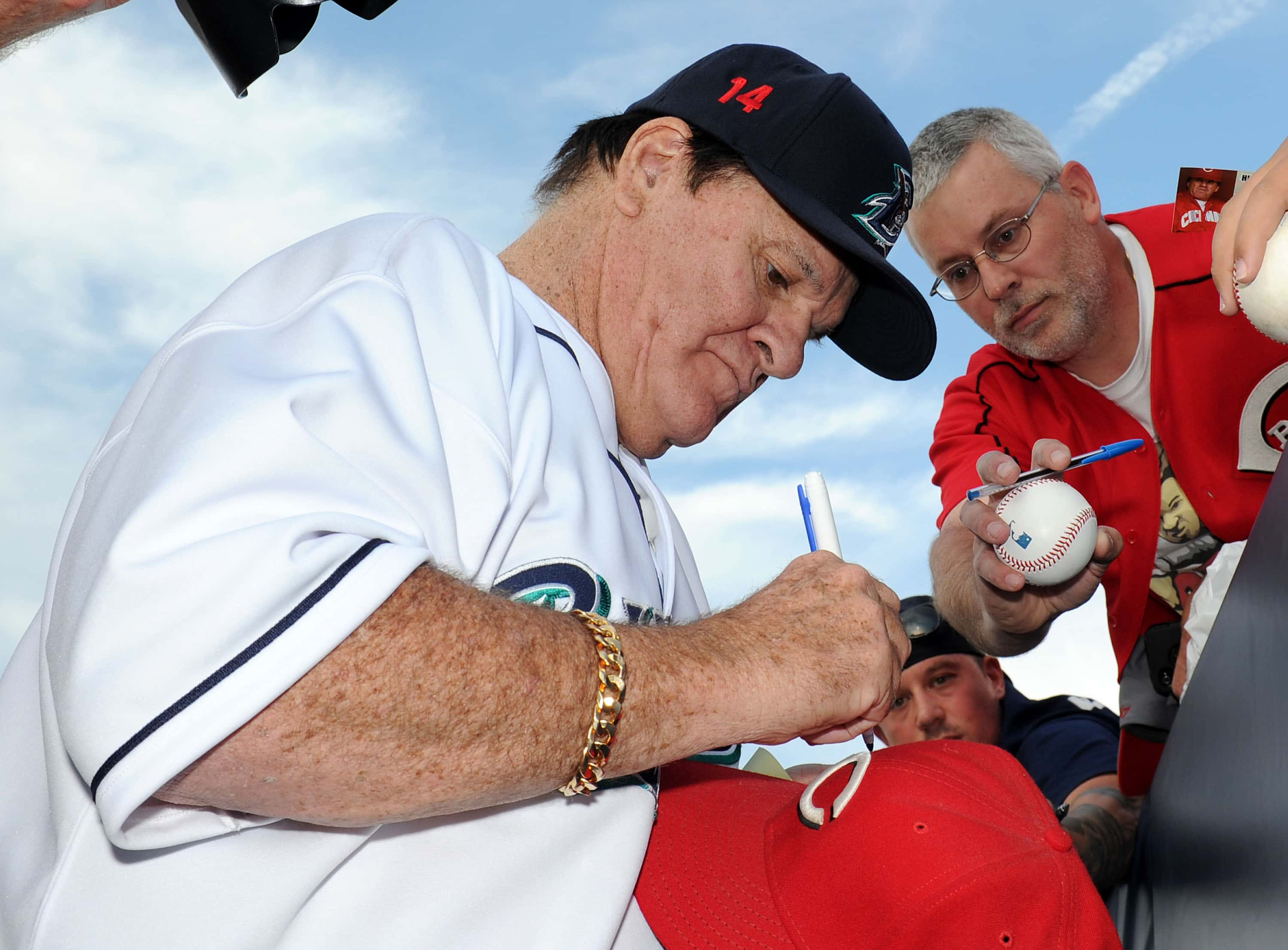Reliving Pete Rose's betting controversy: An example of the consequences that come with gambling

For Pete Rose, August 23, 1989, was a day he would never forget. The Cincinnati Reds manager was banned from the game for life for betting on baseball. It was a pity it ended that way for Rose. This was a man regarded as one of the GOATs of the game. Winner of three World Series Rings, Two Gold Gloves, 17 appearances as an All-Star, brilliant outfielder and switch hitter — and now a ban from the very game that he loved. The Pete Rose betting debate rages on to date.
Coming back to 1989, an investigation revealed Rose had gambled thousands of dollars on games, both as player and manager. While he denied betting on the sport, the baseball circle knew Rose had a gambling issue. Prior to this, he was known for betting on other sporting events such as horse races and football games. The accusations followed fast and thick in '89 that he was betting on his own team as well. Bartlett Giamatti, then commissioner of the MLB launched an inquiry.
While Rose admitted to making mistakes, he remained strong on his stance of not betting on the game and the team. John Dowd, the lawyer heading the investigation, compiled extensive notes and testimonies about the star's history of gambling while managing the Reds.
Born in 1941, Rose's love for sports was instilled by his father Harry Rose, a semiprofessional footballer himself. Pete played little league baseball and embraced the sport. He eventually signed with the Reds and played for their minor team. It was a breeze from that level onwards as Pete rose up the ranks quickly. The Majors call finally arrived in '63. Nicknamed "Charlie Hustle", he was unstoppable and was a regular at second base.

And all it took to overshadow the 4,256 hits, the 3,562 games and the 14,053 at-bats was a murky gambling controversy that saw him knocked off the pedestal of the pantheon of the greats. Despite a decorated career as a player, he is not eligible for the Hall of Fame. In MLB, Rule 21 Misconduct, (d) states, "Betting on Ball Games, Any player, umpire, or club, or league official, or employee, who shall bet any sum whatsoever upon any baseball game in connection with which the bettor has a duty to perform shall be declared permanently ineligible."
This was a rule Rose broke. ESPN did its own investigation on the Rose case and determined he had indeed bet on the game while being a player-manager. This was a classic example of breaking the rule and the consequences that came with it. Over the years, there have been calls that Rose has done his time and he deserved a pardon. According to The New York Times, an opinion piece by Evan Caminker and Erwin Chemerinsky said he should be allowed back and added to the Hall of Fame.
"The question is not whether one likes or dislikes Rose or the Reds. What’s fair is fair. A 31-year ban for betting on his own team to win, for a 78-year-old man, is enough — too much, compared with others who more severely undermined the integrity of the game and received far milder punishments or got off scot-free," read one of the paragraphs from the feature.
According to PSA Card, Bob Feller, the Cleveland Indians star, part of the Hall of Fame weighed in on the support Rose would receive. "There are very few of us who are for it. Of course, he was a good hitter. But you need to be more than just a good hitter to get into the Hall of Fame. This is a situation that is going to be very hard to resolve. But when you have rules, and somebody breaks those rules, that person has to pay the consequences."
What happened to Rose was a pity, but it was a consequence of his own actions and a lesson for the modern-day players about the evils of gambling.










